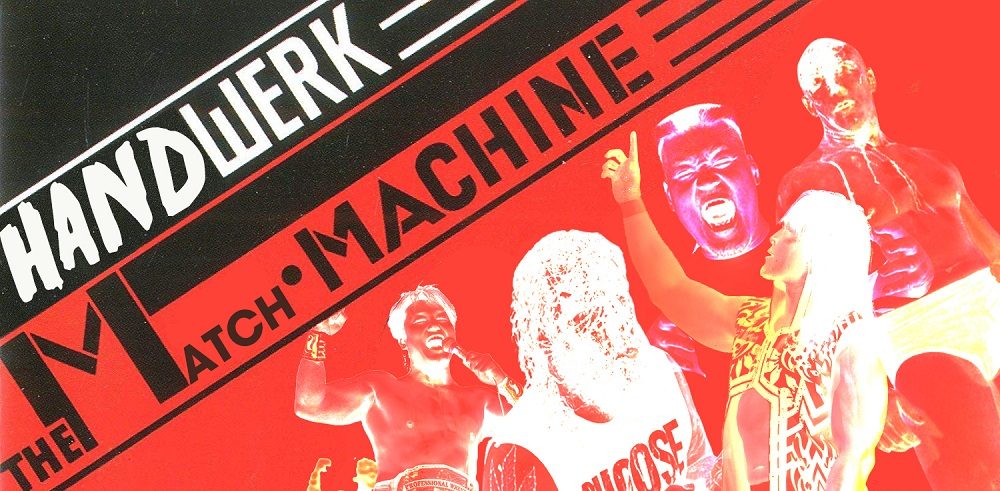On paper, it’s a beautiful thing.
Following Takada’s breakthrough against Akira Maeda two months prior in an incredibly shaky finish and then an even shakier one a month later against Bob Backlund, both Takada and Maeda have a rubber match, beginning the reborn UWF’s second calendar year of existence by attempting to make clear just where everything and everyone is supposed to be.
Clear and easy and correct, classical pro wrestling stuff.
The same carries over to the match, for the most part.
After a match like they had last time, there’s a clear approach that differentiates this from virtually every other major UWF match to date. So often in the UWF, it comes down to style or ideology or strategy, however you’d like to frame it. Someone wins because they’re better at [x], or because they can shift the match into one that favors their strengths. This is different though, as for the first time in the reborn UWF, it is less about a competitive decision made with a clear mind, about what is the best way to win an athletic contest is, and is more about someone as a human being wanting to win in one exact way.
Given the recent questionable wins, Nobuhiko Takada spends the majority of this match trying for the emphatic knock out win, not only to show that he really could have done it in November no matter what, but also because it’s a sort of inarguable statement.
He goes on the mat when the chance is there, of course, but it feels very much in the same vein as a shooter not being able to turn down a wide open lane, something that’s happening because a competitor sees the chance. From the opening bell, Takada is much more willing to throw shots at these points in the match than usual, and while Maeda also has a greater sense of urgency in an attempt to get his win back, Takada is constantly pulling him off the ground to try and win in this one specific way. It’s a great idea, and even more so that it’s very much his undoing in the end. He insists on things his way, while Maeda is far more open at all times to taking what is presented, and wins with a counter into a deep crab hold because of it.
Just written down, all of that sounds pretty cool. I almost wrote myself into thinking this actually was a great match after all, rather than one just on the other side of the border.
Unfortunately, in this case anyways, wrestling does not happen on paper and for all of the interesting ideas that this match employs, in execution, is much closer to their first match than it is their second.
This falls short in the way that a nearly twenty-nine minute match between them, without the dramatic flourishes and perfect escalation of their second match, was always going to. The extra time does them no benefit. You again get your classical hold repetition and a lot of lying in stuff without a lot of tension in those moments, probably just as much as you get of genuinely mean and awesome mat struggle. Beyond that, it’s also just kind of paced weird, slowing down big time in the second half, and often feeling like they’re waiting around for something. The parts of the match that really catch my attention all come in the first half, and while I think I get the approach, the back half simply does not compare. Add onto that the way the finish feels both abrupt and a little lacking, especially compared to that of their previous match together, and it doesn’t feel like even a lukewarm take to call this something of a disappointment.
Still, I liked it well enough. The ideas — along with the first half when they really get the chance to shine and things feel genuinely tense — give this something that pretty much no other half-hour or near half-hour UWF match to date has going for it, and it felt worth writing about because of that, even if I would only advise seeing it if you’re also a genuinely unwell completionist freak.
Even in the least of their three here to date, there’s enough here to make for an interesting watch.
